

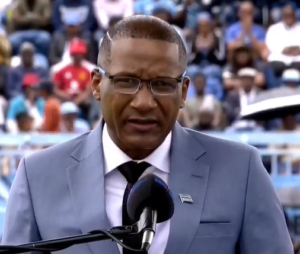
Gaborone last Friday played host to the inauguration of President Duma Boko, Botswana’s newly-minted leader. Citizens began to trickle into the national stadium as early as before 6am. Invited guests included Namibia’s President Nangolo Mbumba and his counterparts Hakainde Hichilema of Zambia, and Zimbabwe’s Emmerson Mnangagwa. South Africa was represented by the deputy president, Paul Mashatile, and eSwatini by Prime Minister Russell Dlamini.
Boko’s predecessor, Mokgweetsi Masisi, was also at the ceremony. However, the surprise name on the guest list is neighbouring South Africa’s opposition leader Julius Malema. In 2011, Botswana slapped him with a visa ban for deriding the country’s administration – then under President Khama – of being a “puppet regime” and threatened to oust Khama.
Boko’s path to the highest office in the land has been long and circuitous. This was his third attempt at the top job. In 2019 he suffered a bruising defeat from Botswana Democratic Party (BDP’s) Anna Maria Mokgethi, for an MP’s seat, making him a single term MP.
However, Boko won power last week after his 12-year-old three-way coalition, the Umbrella for Democratic Change (UDC), got 39% of the votes. His UDC comrade, Ndaba Gaolathe, was named Vice President. The Masisi-led BDP had 31%, down from 53% in 2019. While the BDP has in the past polled less than 50% of votes, this is the first time that the party has lost an election in nearly 60 years.
Meanwhile, Conservatives label the UDC as populist, partly for its stance towards social democracy and opposition to neo-liberal policies responsible for sustaining poverty in the diamond-rich country of nearly 2.7 million people.
In contrast, many locals feel that Boko, a human rights lawyer is determined to advance social justice.
While Botswana’s GDP per capita is Africa’s fifth highest – behind the likes of Mauritius and Gabon – unemployment has surged to 25% versus 15% in 2009.
The mainstream sentiment is that previous administrations have done little to uplift people in the lower rungs. This in turn has created a vicious circle of unemployment, which breeds poverty, and in turn stoke school drop-out rate and teen pregnancy.
“People live in dire poverty,” says MT Lenong, an entrepreneur who has travelled to the inauguration ceremony from Mochudi, almost 50km north-east of Gaborone.
The country has sufficient resources, but has no will to end poverty, argues Lenong, adding that entrenched graft deprives the people.
“The new administration’s top priority is to divert funds from government travel to social expenditure. Government must divert funds to basic service delivery urgently. We need water and road infrastructure.” Lenong said. Upbeat that Boko “will improve our lives”.
He cites the president’s promise to boost minimum wage and old-age grants as well as fight graft.
“I hope he will focus on opening up the industry to local entrepreneurs so that we all benefit from it.”
Landlocked Botswana’s tourism industry is huge, adding a hefty $20.35 billion or 12% to the country’s economy, according to data from the World Travel & Tourism Council. But locals say the tourism bonanza benefits is concentrated in a few hands at the high-end of the food chain.
Analysts and others have commended Masisi for conceding gracefully.
International relations expert Refilwe Kgabanyane was apt during a TV interview in Botswana. “Maybe [Donald] Trump could actually pick [a lesson or two] from how we conducted our elections, and how election results are to be accepted],” Kgabanyane said, recalling the Capitol Hill saga.
By Shoks Mnisi Mzolo
The post As Botswana gets new president in nearly 60 years, citizens expect social justice appeared first on Ghana Business News.
Read Full Story
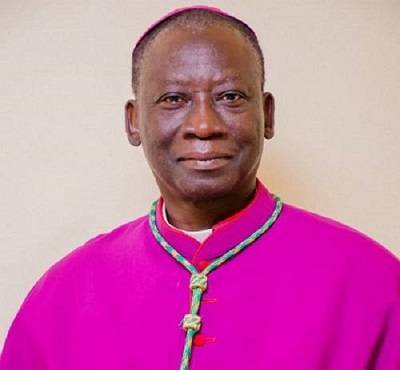
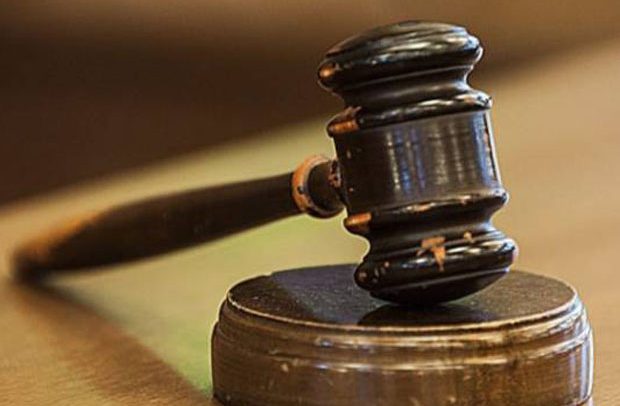

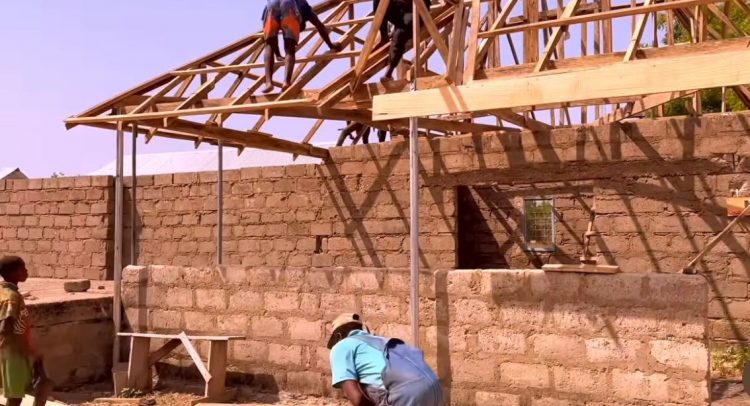


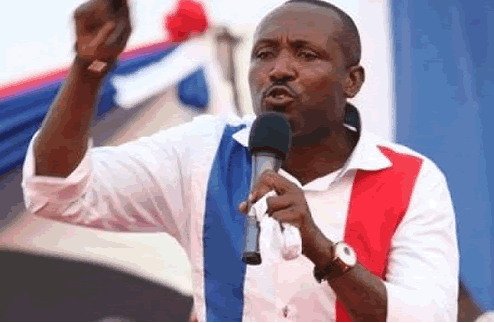





Facebook
Twitter
Pinterest
Instagram
Google+
YouTube
LinkedIn
RSS